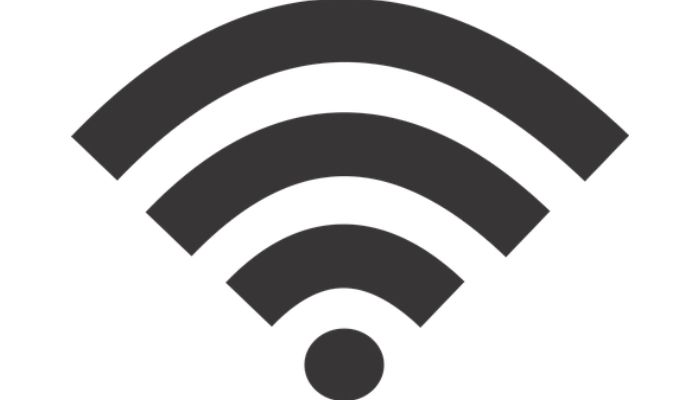Signal issues, there’s nothing worse. Do you have issues with your mobile phone? Is it losing signal or disconnecting in the middle of a conversation? We understand how aggravating it is when things go wrong. If you’re having issues, this guide will show you what may be causing them.
Have You Made Any Changes Recently?
Have you done some construction work around your house, such as adding to the amount or thickness of some of the walls? This could affect the frequency of your mobile signal in some situations.
Research has shown that new insulation techniques and materials are responsible for a lot of cellular and wi-fi signal issues. If this is the case, looking into a booster and figuring out how to position said boosters around the house might help.
Is it just happening in one place, or is it happening anywhere you use your phone? Make a note of the issue, including where it occurred, when it occurred, and what happened. This will come in handy if you need to talk to your provider about the problem.
If you’re having trouble using your phone in a location where you haven’t done it before, see what kind of coverage you might expect. Use the mobile coverage checker from Ofcom.
Are You Relocating?
If you’re moving, see what kind of service your current provider will provide at your new place. You can do this by speaking with your provider or using the coverage checker provided by Ofcom.
If your company can’t deliver the quality of service you need at your new address, find out how much you’d have to pay to cancel. It’s also possible that a signal booster or other equipment to help increase coverage is required. In these cases, not all employers will expect you to pay an early termination fee.
Is There a Problem With Your Phone or Sim Card?
If you’re having problems everywhere you go, the issue may be with your phone.
Seek advice from your supplier. They could ask you to run some tests to figure out what’s going on. A technician may, for example, ask you to take out your SIM card, wipe it, and then replace it to see if that helps. They can also request that you insert it into another (unlocked) unit to see if the issue is with your SIM card or your phone.
Is the Problem Affecting Others?
The problem may be affecting more people than just you. A lot of providers will offer a service or status checker – either online or through an app. This will list big network issues that the company is aware of.
This information should be available to you over the phone – either through an automated message or from your provider’s customer service team. Usually, this information will let you know when they expect the problem to be fixed.
However, If your problem isn’t listed on the service checker you should contact your provider immediately. They might not yet be aware of a problem.
If the service you’ve been given has not lived up to its promise, you may be able to claim some form of compensation.
Who Is in Charge of Repairing the Problem?
Since your deal is with your supplier, they are responsible for ensuring that any issues are resolved and keeping you informed of progress.
What if the Network Isn’t Owned by My Provider?
If they use another company’s network to provide their service to you, the provider is responsible. If a provider is attempting to shirk responsibility for adequate service, you should inform Ofcom, Consumerline or Citizen’s Advice.
How Long Do I Expect a Repair to Take?
In most cases, the provider should be able to figure out what went wrong very quickly. If it’s a network service problem, they can explain how and when it’ll be resolved.
Inquire how your service provider will keep you updated on the status of your case. This may be done by contacting their customer support department, downloading a service app, or signing up for fault update warnings.
Allow your provider a fair amount of time to resolve the issue. If you’ve already done this and are worried about the length of time it takes for a repair, raise your concerns with your supplier.
Keeping in Touch as Faults Are Being Resolved
Inquire with your company about alternate methods of accessing your service when repairs are being made. A Wi-Fi link can enable you to make calls or send texts – see above.
Conclusion
All sorts of things are responsible for signal issues with your mobile phone. Sometimes, it can be a case of trial and error, investigating what exactly the problem is. But the more you know, the easier it is to diagnose issues.
Please use this guide to help you assess what may be causing your signal issues. Hopefully, it’s one of the issues listed above so you can fix it quickly.
